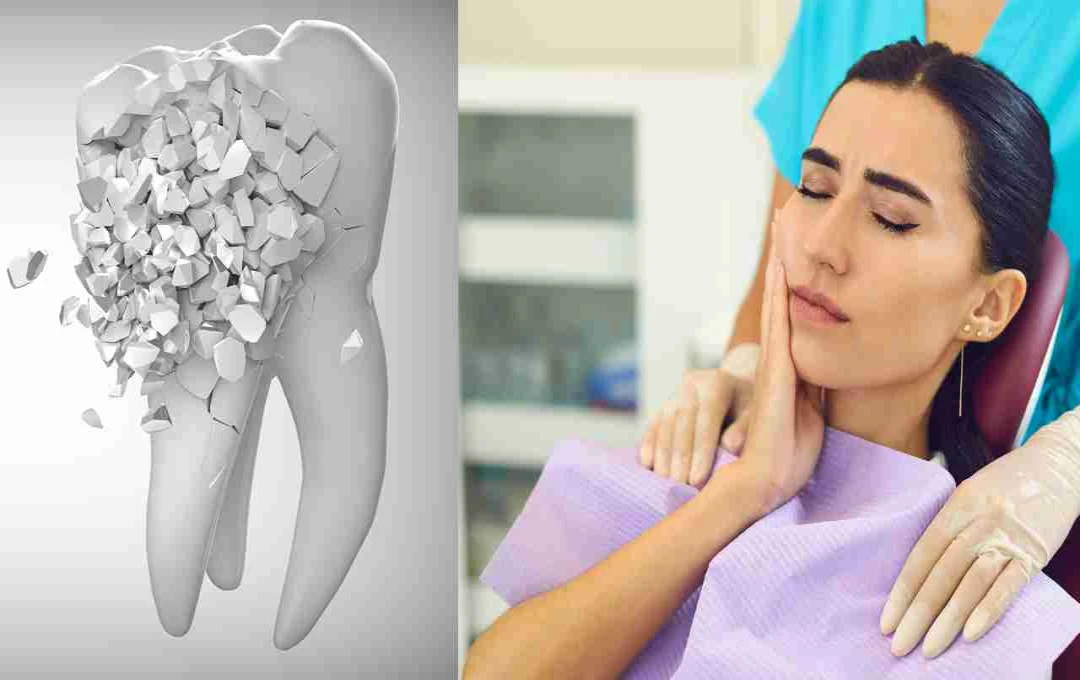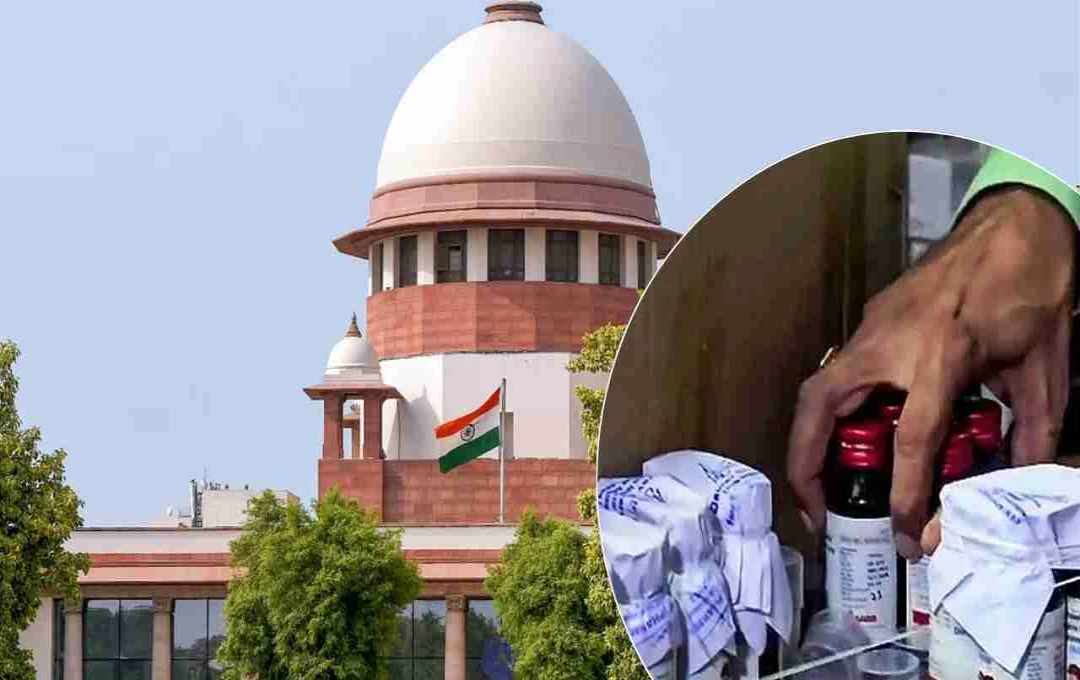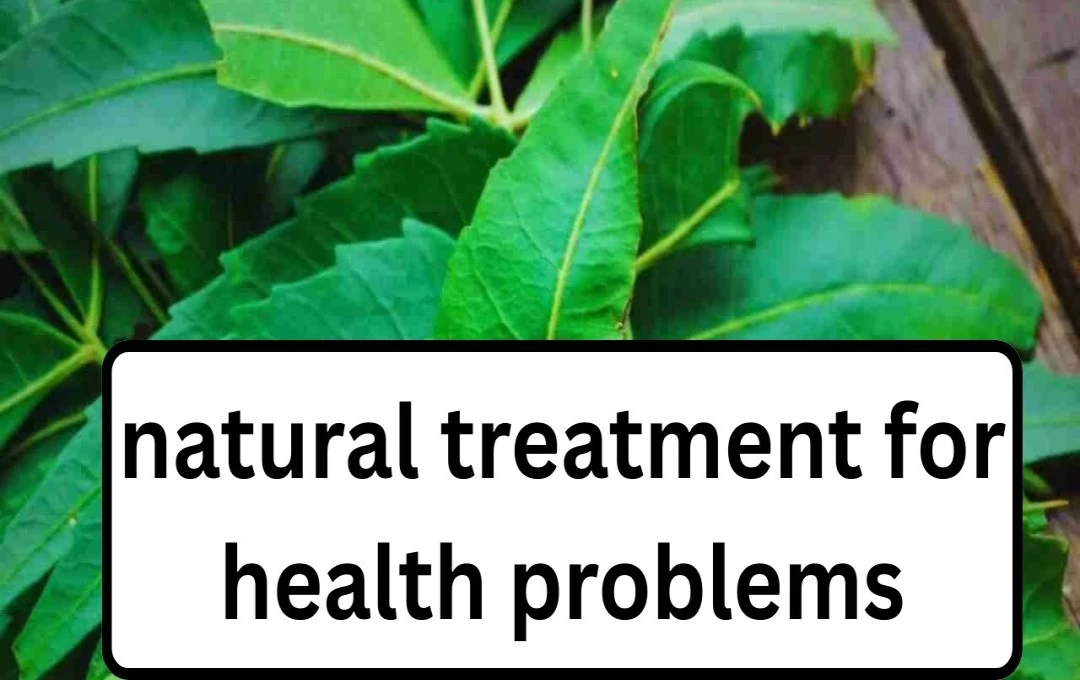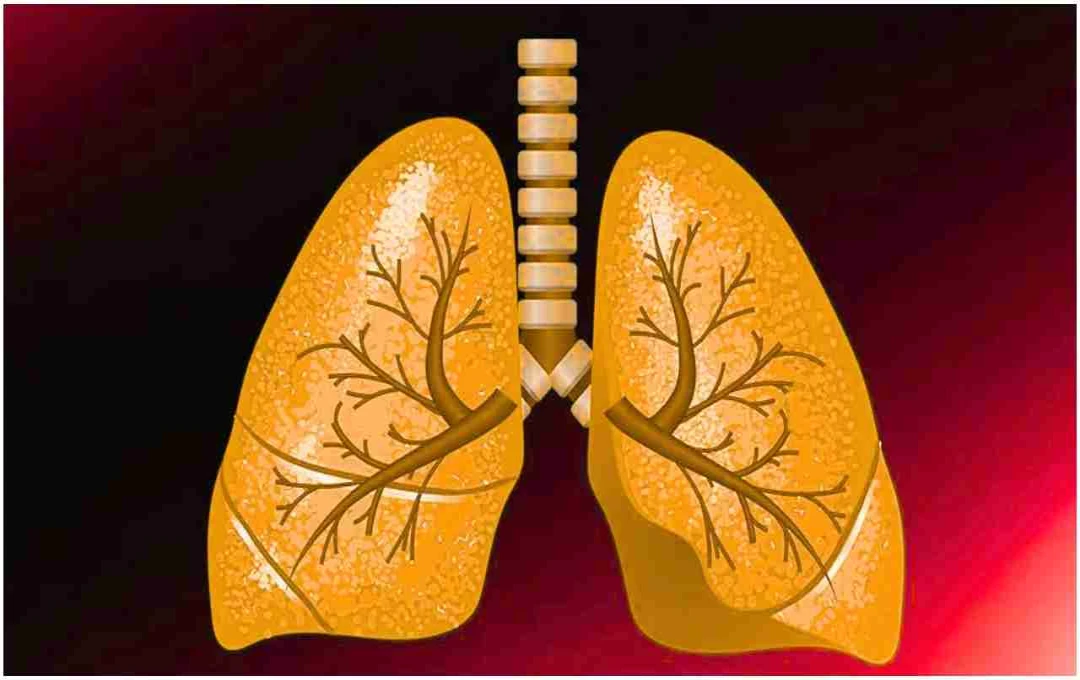Dental cavities or decay are a common problem that can create holes in the tooth's enamel layer, causing pain, sensitivity, and gum inflammation. The main reasons are poor oral hygiene and excessive sugary foods. Timely treatment from a dentist is essential. Prevention is possible through brushing, mouthwash, a balanced diet, and regular check-ups.
Teeth Cavities: Dental cavities are a common yet serious problem that can affect both children and adults. According to Dr. Anmol Kumar of Yashoda Hospital, early symptoms of cavities can include mild pain, sensitivity, gum inflammation, and teeth turning yellow or black. If not treated in time, it can reach the inner layers of the teeth, causing pain, infection, and tooth loss. Experts advise brushing at least twice a day, using mouthwash, limiting sugary foods, and getting regular dentist check-ups.
Why Do Cavities Occur?

The biggest reason behind dental cavities is negligence in tooth cleaning and excessive sugary foods. When we don't clean our teeth properly after eating, small food particles and bacteria accumulate on the teeth. These bacteria produce acids, which gradually damage the tooth's enamel layer, creating holes.
Experts state that in the early stages, cavities are often mild, but over time they can grow and become severe. If neglected, problems such as toothache, sensitivity, gum inflammation, and ultimately tooth loss can occur.
Symptoms of Dental Cavities
Dr. Anmol Kumar from the Dental Department of Yashoda Hospital explains that the early symptoms of dental cavities are often mild. These include:
- Mild pain or tingling in the teeth while eating or drinking.
- Sensitivity to cold or hot food and drinks.
- Slight swelling or redness in the gums.
- Teeth turning yellow or black.
- In severe cases, holes or damage to the tooth.
According to the doctor, cavities can sometimes progress without any pain. Therefore, focusing solely on pain is not sufficient.
When to See a Dentist
It is necessary to contact a dentist when:
- There is persistent tooth pain or sensitivity.
- Gums become red, swollen, or painful.
- A hole appears in the tooth, or if teeth become loose or start to break.
Cavities do not heal on their own, and without timely treatment, teeth can be completely damaged. Dentists can treat cavities by filling them or through other treatments.
How to Care for Your Teeth

To maintain good dental health, some simple measures can be adopted.
- Brush at least twice a day and use mouthwash.
- Limit the consumption of sugary and carbohydrate-rich foods.
- Get regular dental check-ups.
- Include fruits and green vegetables in your diet to strengthen teeth.
- Contact a dentist immediately if you experience tooth pain, sensitivity, or gum inflammation.
Risk for Both Children and Adults
Cavities are not just a problem for children; people of all ages can be affected. In children, cavities can develop quickly in primary (milk) teeth, while in adults, they often progress due to pre-existing tooth weakness and lack of cleaning.
Serious Consequences of Cavities
If not treated in time, cavities can reach the inner layer of the tooth and cause pulp infection. This can lead to tooth pain, difficulty eating and drinking, and gum inflammation. In severe cases, the tooth may be completely damaged and might need to be extracted.















